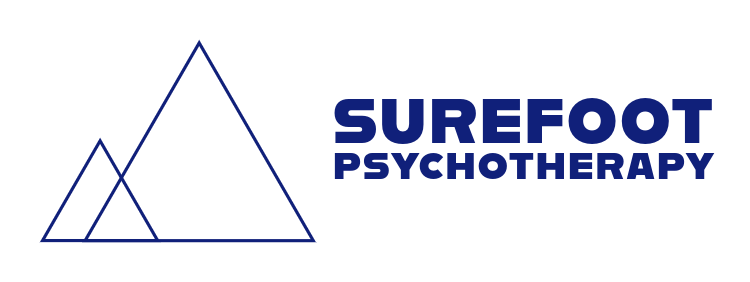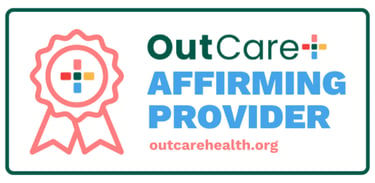Therapy Is Not the Same Thing as a String of Platitudes
Mental health work isn’t about saying the “right” thing — it’s about showing up, staying present, and doing the work that helps you understand and care for yourself on a deeper level.
GENERAL THERAPY
Mike Lawler
10/18/20251 min read


“You can’t pour from an empty cup.”
“Everything happens for a reason.”
“Just think positive.”
We’ve all heard those comforting little sayings meant to make life’s challenges feel a bit lighter. But when you’re struggling with something real like grief, anxiety, trauma, conflict, or uncertainty, these phrases feel hollow. They skip over the complexity of your experience.
That’s because therapy isn’t about tossing out quick fixes or feel-good quotes. It’s about slowing down, getting curious, and exploring what’s really happening beneath the surface.
Platitudes bypass pain. Therapy helps you face it.
When someone says, “time heals all wounds,” it can sound reassuring — but in therapy, we look more closely. Healing isn’t automatic; it’s intentional. Together, we explore your emotions, patterns, and needs so that time and insight can create change.
Platitudes minimize. Therapy validates.
Phrases like “it could be worse” can make your pain feel small or unworthy of attention. Mental health therapy offers the opposite: a safe space where your feelings are seen, respected, and understood. Validation is the foundation for genuine emotional healing.
Platitudes generalize. Therapy personalizes.
No two people experience loss, stress, or growth the same way. In therapy, your story guides the process. The work is tailored to your life, your relationships, and your identity — not to someone else’s definition of “should.”
Real healing isn’t instant. It’s honest.
True healing doesn’t come from positive thinking alone. It grows from awareness, connection, and the courage to face what’s real — even when it’s uncomfortable. Therapy gives you space to sit with your truth and move toward meaningful, lasting change.
hello@surefoot-therapy.com
608-515-2273
6302 Odana Road, Suite 101 - Madison, WI 53719


Find your footing.
If you are in crisis please call or text the 988 Suicide & Crisis Lifeline or text HOME or HOLA to the Crisis Text Line at 741741
Currently accepting







